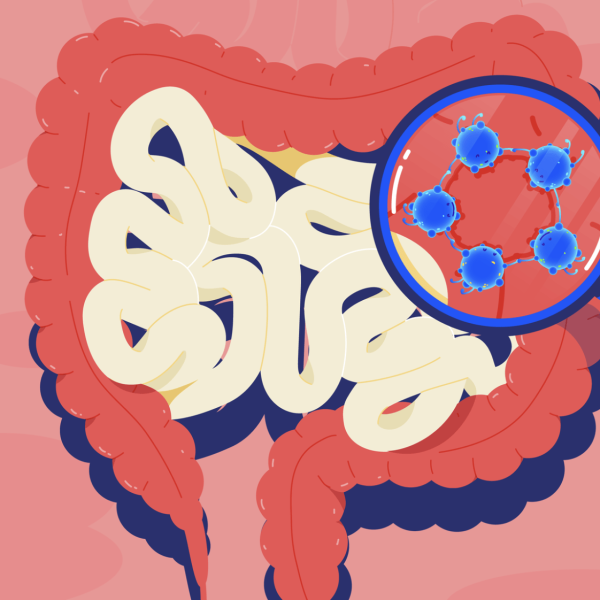Fats are often considered the enemy of a healthy diet. However, not all fats are bad for you. In fact, healthy fats are an essential component of a well-balanced diet. Consuming the right kind and amount of fats can improve your heart health, brain function, and overall well-being.
In this blog, we will discuss the importance of healthy fats in your diet, their sources, and how to incorporate them into your meals.
What are Fats?
Fats are a type of nutrient that is necessary for the proper functioning of the body. They are a rich source of energy and help in the absorption of certain vitamins and minerals. Fats can be classified into three categories: saturated, unsaturated, and trans fats.
Saturated fats are solid at room temperature and are mostly found in animal-based products like meat, dairy, and eggs. Unsaturated fats are liquid at room temperature and are found in plant-based foods like nuts, seeds, and vegetable oils. Trans fats are a type of unsaturated fat that is artificially produced through a process called hydrogenation.
Importance of Healthy Fats in Your Diet
- Heart Health
Healthy fats can improve heart health by reducing the risk of heart disease. They can help in lowering bad cholesterol levels and increasing good cholesterol levels. Foods rich in omega-3 fatty acids, like fatty fish, flaxseeds, and chia seeds, can lower triglyceride levels and prevent the formation of blood clots.
- Brain Function
Fats play a crucial role in brain function. They are essential for the growth and development of the brain, and can also improve cognitive function. Omega-3 fatty acids, in particular, have been linked to a reduced risk of depression, anxiety, and dementia.
- Energy Source
Fats are a rich source of energy and can provide sustained energy throughout the day. They can also help in controlling hunger and reducing food cravings. Healthy fats, like nuts and seeds, can be an excellent snack option and can provide energy between meals.

Sources of Healthy Fats
- Nuts and Seeds
Nuts and seeds are excellent sources of healthy fats, fibre, and protein. They are rich in monounsaturated and polyunsaturated fats that can lower cholesterol levels and reduce the risk of heart disease. Some examples of nuts and seeds that are rich in healthy fats are almonds, walnuts, chia seeds, and flaxseeds.
- Fatty Fish
Fatty fish like salmon, tuna, and mackerel are rich in omega-3 fatty acids. These healthy fats can lower blood pressure, reduce inflammation, and improve heart health. Eating fatty fish twice a week can provide the recommended amount of omega-3 fatty acids.
- Avocado
Avocado is a fruit that is rich in healthy fats, fibre, and vitamins. It is a great source of monounsaturated fats that can improve heart health and lower cholesterol levels. Adding avocado to salads or using it as a spread on sandwiches can provide a healthy dose of fats.
Incorporating Healthy Fats into Your Diet
- Use Healthy Oils
Replace unhealthy oils like palm oil and coconut oil with healthy oils like olive oil, canola oil, and avocado oil. These oils are rich in monounsaturated and polyunsaturated fats that can improve heart health.
- Snack on Nuts and Seeds
Nuts and seeds can be excellent snack options and can provide sustained energy throughout the day. Add them to your salads, or smoothies, or eat them as a snack between meals.
- Eat Fatty Fish
Eating fatty fish like salmon, tuna, and mackerel twice a week can provide the recommended amount of omega-3 fatty acids. You can bake, grill, or broil the fish to keep it healthy.
- Add Avocado to Your Meals
Add avocado to your salads, and smoothies, or use it as a spread on sandwiches. Avocado can add healthy fats to your diet and make your meals more satisfying.
- Choose Lean Protein Sources
Choose lean protein sources like chicken, turkey, and beans instead of red meat. Red meat is high in saturated fat and can increase the risk of heart disease.
Takeaway
Incorporating healthy fats into your diet can provide numerous health benefits. They can improve heart health, and brain function, and provide sustained energy throughout the day. Adding nuts and seeds, fatty fish, and avocado to your meals can provide the recommended amount of healthy fats.
Replace unhealthy oils with healthy oils, snack on nuts and seeds, and choose lean protein sources to keep your diet healthy and balanced. Remember, not all fats are bad for you, and healthy fats are an essential component of a healthy diet.





















Share this article